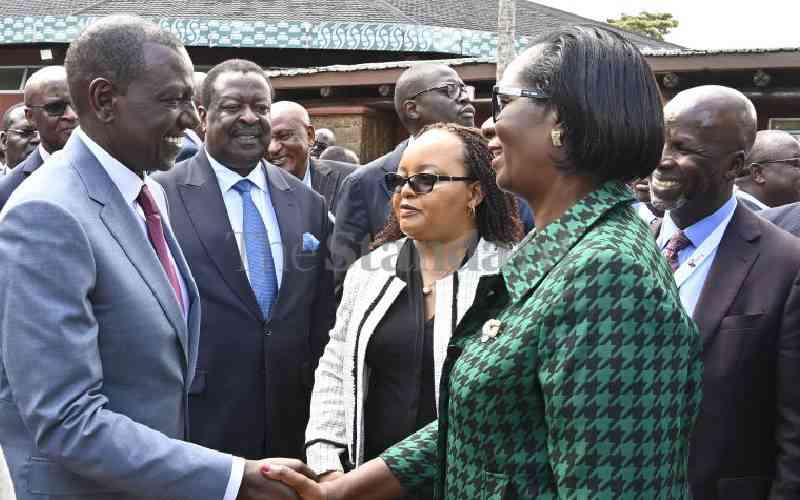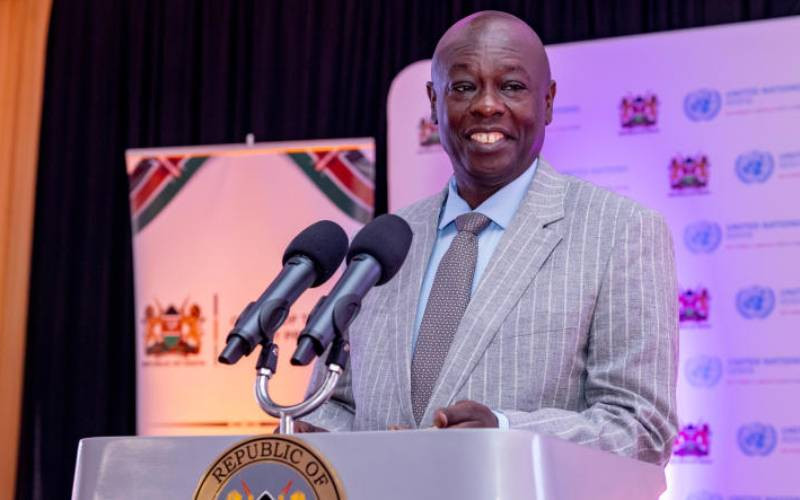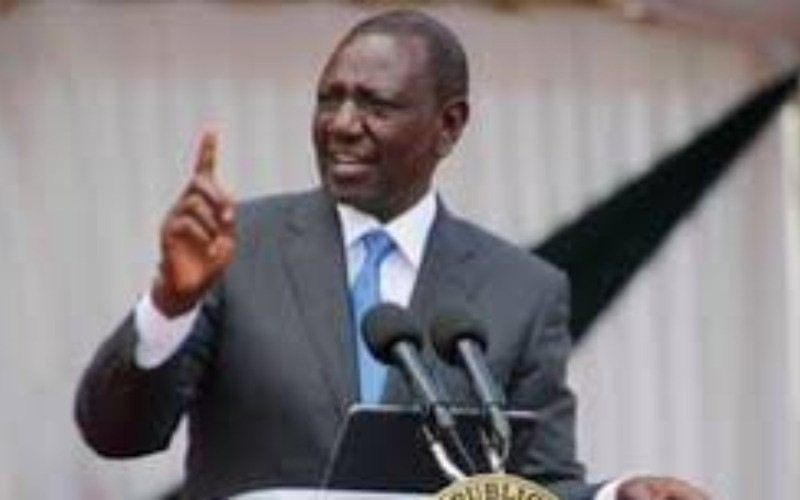By Mohamed Guleid
Kenya: My suggestion is that the ICC (International Criminal Court) in The Hague should be taught to use alternative dispute resolution (ADR) in resolving the issues around the cases of President Uhuru and Deputy President William Ruto.
I think most victims of the post election violence prefer compensation and forgiveness rather than endless court cases in a foreign land that most of them don’t follow on TV since they might not possess one.
Alternative dispute resolution (ADR) is a substitute to the adjudication of disputes in court. It can include primary processes of negotiation, mediation, arbitration and a number of hybrid procedures. Over the last ten years there has been an exponential growth of interest in ADR in both the private and public sectors.
High legal fees
Most civil cases are better handled outside the courts. This is because civil cases take too long to be resolved in courts and in some cases the plaintiff might not be in a position to pay for the high legal fees demanded by lawyers. For many reasons, advocates of ADR believe that it is superior to lawsuits and litigation. First, ADR is generally faster and less expensive. It is based on more direct participation by the disputants, rather than being run by lawyers, judges, and the State. In most ADR processes, the disputants outline the process they will use and define the substance of the agreements.
Compliance
This type of involvement is believed to increase people’s satisfaction with the outcomes, as well as their compliance with the agreements reached.
Most ADR processes are based on an integrative approach. They are more co-operative and less competitive than adversarial court-based methods like litigation. For this reason, ADR tends to generate less escalation and ill-will between parties.
ADR process will often ultimately improve, rather than worsen, the relationship between the disputing parties. This is a key advantage in situations where the parties must continue to interact after settlement is reached, such as in child custody or labour management cases.
In some communities in Kenya, ADR has been in force for many years but might not have been recognised formally.
In Muslim dominated areas in Kenya, over 90 per cent of the civil and criminal cases are settled out of court. The role of the traditional elders therefore is very important.
Also the customary dispute resolution mechanisms are used to resolve even the worst criminal cases. This probably explains why there was no high court in North Eastern province until recently. Cases of divorce, custody of children or even matters of inheritance are handled by respected community elders.
Legitimacy
The religious leaders and Imams of the mosques are the main conduit through which this popular justice system is administered.
Stay informed. Subscribe to our newsletter
Before the advent of modern courts most Kenyan communities relied on this customary method. The transparent manner in which the issues are resolved gives the whole process legitimacy.
The modern courts can becompromised due to graft in the judiciary. The delay of justice is another reason why many people prefer the quicker and less expensive alternative justice system. The incapacity of our courts to handle thousands of cases and the sad state if affairs at our correctional centres only makes ADR even more necessary.
Therefore for the post election cases in Kenya that involve President Uhuru and his Deputy William Ruto, the ADR method would have reduced their agony but also concluded the cases much faster. The millions of dollars being wasted on the cases in The Hague including the legal fees and MPs travel cost could simply be given to the victims of the post-election violence.
If I was a post-election violence victim, getting a million shillings as compensation would be preferable to seeing these two men go to jail. Just like the Somali customary law that gives victims justice through compensation, these cases could easily be resolved that way.
The writer is Deputy Governor of Isiolo and Chairman of the Deputy Governors Forum
[email protected]
 The Standard Group Plc is a
multi-media organization with investments in media platforms spanning newspaper
print operations, television, radio broadcasting, digital and online services. The
Standard Group is recognized as a leading multi-media house in Kenya with a key
influence in matters of national and international interest.
The Standard Group Plc is a
multi-media organization with investments in media platforms spanning newspaper
print operations, television, radio broadcasting, digital and online services. The
Standard Group is recognized as a leading multi-media house in Kenya with a key
influence in matters of national and international interest.
 The Standard Group Plc is a
multi-media organization with investments in media platforms spanning newspaper
print operations, television, radio broadcasting, digital and online services. The
Standard Group is recognized as a leading multi-media house in Kenya with a key
influence in matters of national and international interest.
The Standard Group Plc is a
multi-media organization with investments in media platforms spanning newspaper
print operations, television, radio broadcasting, digital and online services. The
Standard Group is recognized as a leading multi-media house in Kenya with a key
influence in matters of national and international interest.









